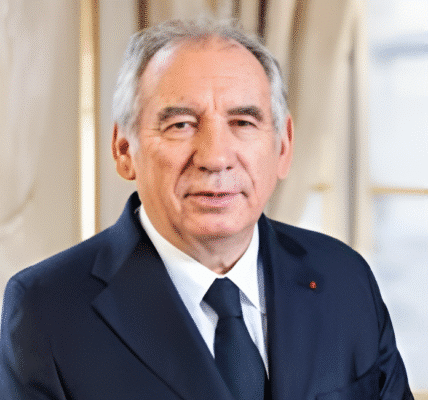Mumbai Metro-1 Debt Settlement: Maharashtra Government Proposes Rs 1,700 Crore One-Time Deal
In a significant development, the Maharashtra government has recommended a one-time settlement proposal for Mumbai Metro One Pvt Ltd (MMOPL), amounting to Rs 1,700 crore owed to its lenders. This decision follows closely on the heels of the state’s recent reversal of plans to acquire the Versova-Andheri-Ghatkopar Metro-1 corridor, initially proposed before the Lok Sabha polls in March.

Metro-1 stands as Mumbai’s sole corridor developed under a public-private partnership, operating through a special purpose vehicle (SPV) known as MMOPL. The Mumbai Metropolitan Region Development Authority (MMRDA) holds a 26 per cent stake in the SPV, while the majority 74 per cent is owned by Anil Ambani’s Reliance Infrastructure (R-Infra).
Sources indicate that the one-time settlement proposition arises from the MMRDA’s financial constraints, which have hindered its ability to fund the Rs 4,000 crore needed for the corridor’s acquisition.
The lenders involved in this debt settlement arrangement include major institutions such as the State Bank of India, IDBI Bank, Canara Bank, Indian Bank, Bank of Maharashtra, and IIFCL (UK).
This decision marks a pivotal moment in the financial restructuring efforts surrounding Metro-1, which has faced complexities amid the evolving economic landscape and public infrastructure priorities in Mumbai. The proposed settlement aims to address financial obligations efficiently, ensuring continuity and operational stability for one of Mumbai’s crucial metro corridors.
As discussions progress between stakeholders and governmental bodies, the implications of this settlement on Mumbai’s metro infrastructure development and public-private partnerships (PPP) will be closely monitored. The resolution of Metro-1’s debt issues through a one-time settlement underscores the complexities involved in managing large-scale infrastructure projects and the collaborative efforts required to sustain urban mobility initiatives.
Stakeholders, including commuters, urban planners, and financial analysts, are observing how this proposed settlement will impact future funding models and operational strategies for similar projects across India’s urban landscape. Stay tuned for further updates on this evolving story, crucial for understanding the dynamics of public infrastructure financing and development in metropolitan cities.



































